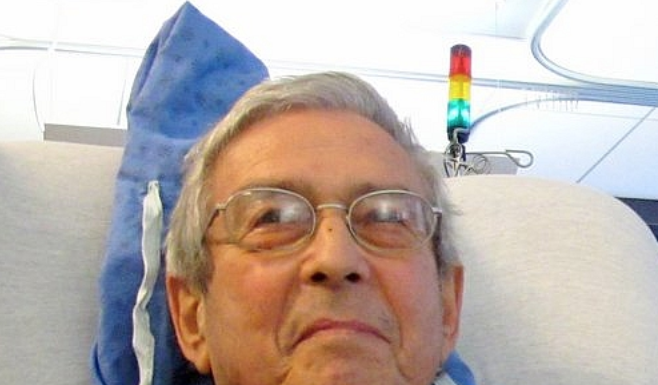(CNN)When she first learned about race correction, Naomi Nkinsi was one of five Black [sic] medical students in her class at the University of Washington.
Nkinsi remembers the professor talking about an equation doctors use to measure kidney function. The professor said eGFR equations adjust for several variables, including the patient’s age, sex and race.
When it comes to race, doctors have only two options: Black or “Other.”
Nkinsi was dumbfounded.
“It was really shocking to me,” says Nkinsi, now a third-year medical and masters of public health student, “to come into school and see that not only is there interpersonal racism between patients and physicians … there’s actually racism built into the very algorithms that we use.”
At the heart of a controversy brewing in America’s hospitals is a simple belief, medical students say: Math shouldn’t be racist. Patients like Nichole Jefferson agree:
The argument over race correction has raised questions about the scientific data doctors rely on to treat people of color. It’s attracted the attention of Congress and led to a big lawsuit against the NFL.
What happens next could affect how millions of Americans are treated.
Medicine has never been immune to racism
Carolyn Roberts, a historian of medicine and science at Yale University, says slavery and the American medical system were in a codependent relationship for much of the 19th century and well into the 20th.
“They relied on one another to thrive,” Roberts says.
It was common to test experimental treatments first on Black people so they could be given to White people once proven safe.
But when the goal was justifying slavery, doctors published articles alleging substantive physical differences between White [sic] and Black bodies — like Dr. Samuel Cartwright’s claim in 1851 that Black people have weaker lungs, which is why grueling work in the fields was essential (his words) to their progress … Click here to read more.



